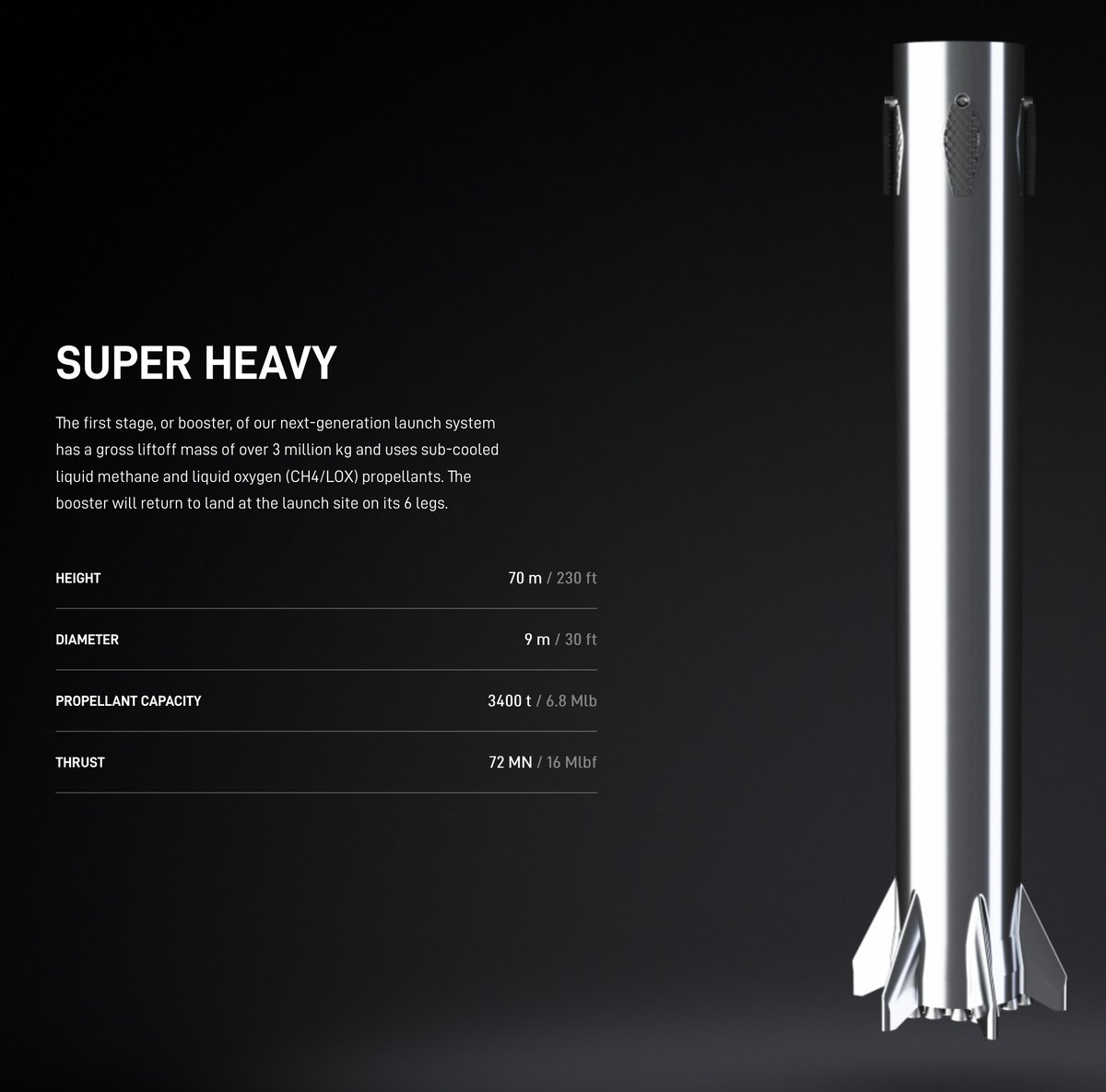
Don't waste energy fighting the working from home (WFH) revolution. Workplaces are essential for us social animals, but there's no way we're heading in five days a week: the answer is somewhere in the middle.
telegraph.co.uk/business/2021/…
telegraph.co.uk/business/2021/…
ONS: output per hour (the measure of labour productivity) was up 0.4% in 2020 compared to 2019. Up! Astonishing: we went into lockdown twice during 2020, huge numbers of businesses weren’t operating at all. This definitively proves that people's productivity is increased by WFH.
We’re social animals: we like socializing at work, at least some of the time. Yet it would only take a small shift in working patterns for there to be severe repercussions for businesses, society and politics.
Executives have gone through several phases. First came blind panic as they fretted whether their businesses could operate with most staff confined to home, then came relief that they could, then euphoria, as WFH was actually panning out better than most had dared to hope. 

Then a few started thinking about all the money they could save if they reduced their office space by 30%, 40% or even 50%. But, as weeks turned into months, there was a dawning realisation that working from home was a good substitute for the office, not a perfect one.
They started to realise that many of their staff were drawing on knowledge, contacts and corporate culture that they had built up through years of personal interactions. This was a particular issue for younger workers with less experience (and less salubrious homes).
Some technology companies have said that most employees may never need to come into the office again; some banks have said they want all their staff back in pronto. But the vast majority of companies are somewhere between those poles and still trying to figure out the new normal.
It will probably involve a greater degree of flexibility than before. When Hays conducted a recent survey of its clients it found that only 10% to 15% of staff wanted to become fully remote, while only 25% wanted to go back to the office full time. The vast majority wanted a mix
To figure out the hybrid model could be the trickiest proposition yet. It is, for example, very unclear whether hybrid working is a positive or a negative for female staff. Set working hours may not be great for working mums. Greater flexibility could help.
Hybrid working has big policy implications: just a slight reduction in the proportion of people travelling to work each day could hurt public transport, certain businesses and rents. More people working from home will necessitate faster broadband and changes to employment law.
Flexible working can help the Govt’s levelling-up agenda: workers commuting less may be prepared to travel a little further on the remaining days. Remote working will mean companies can employ people in different locations. And those WFH spend more in their local areas.
The Govt shouldn’t waste effort fighting these trends (as the Chancellor appeared to do when he told businesses to open their offices): it should be figuring out how to maximise the benefits. The hard work of figuring out the future of work has only just begun.
• • •
Missing some Tweet in this thread? You can try to
force a refresh








